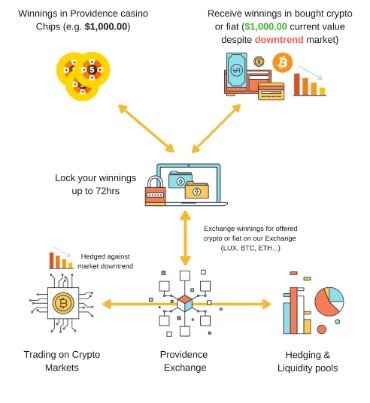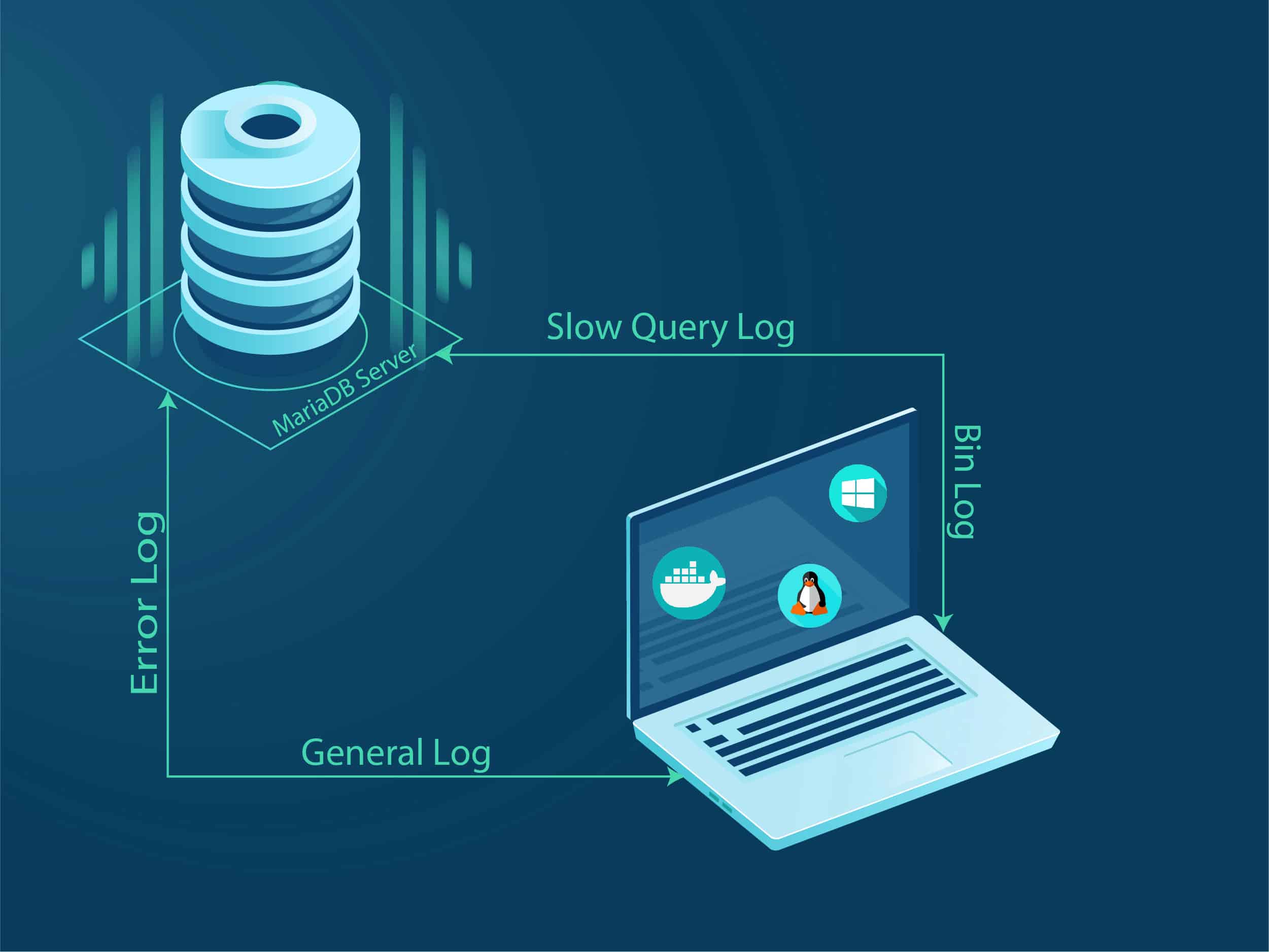Content
Investing in cryptocurrencies or stocks and shares is not a guaranteed way to make money. CFDs are complex instruments and come with a high risk of losing money rapidly due to leverage. 67% of retail investor accounts lose money when trading CFDs with this provider.

This suggests $80 million-$90 million in liabilities driven by the upward price movement of Bitcoin and/or other losses not divulged in the bankruptcy filings. A network of computers around the world globally tracks all bitcoin transactions, acting as a ledger. While conventional banks ask their customers to confirm their identity, these online exchanges ask no questions. Others predict bitcoin may threaten gold as the premier ‘safe’ investment in rocky times. It lets you purchase bitcoin, as well as other smaller cryptocurrencies, and hold them in a secure wallet. A senior analyst for Citibank has even predicted the cost of a bitcoin could exceed £230,000 by December almost ten times its current price. The controversial cryptocurrency – which exists only online and whose chief attraction is its freedom from government and bank interference – started the year saddled by its reputation as a tool used by money-launderers and tax-dodgers.
Three Quick Steps To Buying Bitcoin
Cryptocurrency exchanges, however, have fallen victim to cyber attacks which has lead to Bitcoin being stolen on a large scale. Criminals have started using celebrity images to trick people into investing in cryptocurrencies such as Bitcoin. The value of cryptocurrencies, such as Bitcoin, can change significantly. Towards the end of 2017 for example, Bitcoin lost a third of its value and dropped by $2,000 in one day.
If the insolvent party has disclosed its public key, a cryptoasset tracing company can trace and view the cryptoasset holdings of a particular wallet, which can be monitored continually. If Digital Assets are dissipated from that wallet, a trace can easily be conducted to determine where they have been transferred to. This application will likely fail unless substantial evidence can be shown that the exchange would even have a wallet for a specific insolvent party. The creditor will likely also want to take a charge over any property or ask the insolvent party to disclose the assets they own. A creditor will want to know that assets can be liquidated to meet the debt and that any assets the insolvent party may have are not dissipated. It has been suggested that thousands of people have already sought refuge in the Digital Asset markets, but some of these may have to undergo insolvency as well in the months to come. Before the recent crisis, it was around the £6,000 mark and in mid-February 2020, it rose to approximately £8,000.
Why do people sue?
In a modern society, there are a number of cases for which you might consider filing a lawsuit: To Enforce a Contract. You might find it necessary to sue someone to collect a debt or force another person to complete an action such as transferring the title of a car you’ve purchased.
The Digital Assets project, run through the Commercial Law Centre at Harris Manchester College, has produced an annotated English translation of the judgment of the Tokyo District Court in August 2015 in relation to the insolvency of Mt Gox. It is a highly significant judgment, in that there are still very few judicial pronouncements anywhere in the world directly on the nature of bitcoin as property, nor on the position of clients when a bitcoin exchange becomes insolvent.
Unlike bitcoin, USDT cannot be mined and instead tether unilaterally controls the creation of new USDT. In short, Bitcoin is a ledger that tracks the ownership and transfer of every bitcoin that is in existence. This is an extremely important principle, but it’s only a starting point.
But, different from normal currencies like dollars and pounds, cryptocurrencies are “decentralised”, which means they are not regulated by a financial authority, like a government or central banks. Hailed by fans as a market-disrupting liberation, and demonised by critics as a dangerous, volatile creation, bitcoin and other cryptocurrencies are never out of the headlines for long.
More In ‘types Of Investment’
We do not provide any investment advice relating to our crypto service. You should carefully consider whether your personal situation and the financial risks you are willing to take mean that you should not buy cryptocurrencies. Gemini, founded by the Winklevoss brothers , is a digital exchange that allows customers to buy, sell and store cryptocurrencies. It was recently awarded an operational licence by the Financial Conduct Authority, and is regulated by the New York State Department of Financial Services.
This conclusion has been used to argue that bitcoin should not only be property, but that the rules applicable to tangible property should apply by analogy . It is, of course, open to debate whether the conclusion of the Japanese court, at least on this point, would survive an appeal or would be followed by a court anywhere else in the world. In English law, we might think of this as analogous to the ledger of transactions involving a bank account. However the bank account itself can be owned since it is a debt owed by the bank to the account holder, that is, a chose in action which is classified as intangible property. The ledger is just a record of transactions concerning this chose in action. Thus, the bank account analogy does not work, and a different analysis is needed for it to be the object of ownership even in English law. While the solution is only available to a handful of dApp wallet users right now, it certainly provides a glimpse of the future of storing crypto.
- In fact, a recent NBC news report determined that in 2016, nearly one-third of United Kingdom companies stockpiled large quantities of digital currencies to ensure they could regain access to critical data in the event of a ransomware attack.
- If we don’t meet our obligations under these terms and conditions, we will not be responsible for any loss that we couldn’t have thought you’d suffer at the time we entered into the agreement with you.
- You can buy Bitcoin with confidence, knowing that your purchase is safe and secure.
- Alternatively, trades between individual can be arranged peer-to-peer using websites and forums like #bitcoin-otc and LocalBitcoins.
- Furthermore, Cred’s experience highlights the risks inherent in financial products tied to volatile cryptocurrencies, where there is no “lender of last resort.”
With the prices of cryptocurrencies increasing dramatically over the last few years, scammers are now actively targeting potential investors. The results often mean investors lose their original investment. The instability of cryptocurrencies does means that it’s possible to make huge gains with small amounts of investments. But it’s also possible to make huge losses in a relatively short space of time. However, people have been increasingly buying cryptocurrencies for the purposes of investment, hoping to make a lot of money quickly. To store and use your cryptocurrency you’ll usually need a specialised ‘wallet’ which will have its own unique digital address, allowing you to send and receive cryptocurrencies.
In Britain, coffee giant Starbucks and upmarket grocer Whole Foods now accept payment in bitcoin while, in a major step forward, the online payment giant PayPal recently allowed its customers to buy and sell it. The safest way to buy is through a licensed exchange which will ensure you are purchasing the real thing. Even if you’re convinced by the merits of investing in bitcoin, it pays to be cautious.
What This Means For The Future Of Crypto Storage
statistics show that in June and July 2018 people lost more than £2 million to cryptocurrency scams – that’s over £10,000 per person. Firstly, to buy and store a cryptocurrency is quite technically demanding and it’s very easy for things to go wrong. The lack of regulation and central authority means that seeking compensation or making complaints is also very difficult.
The record price for Bitcoin came after large firms like Tesla, Mastercard and BNY Mellon started to show support for Bitcoin. The value of Bitcoin, like all currencies, is determined by how much people are willing to exchange it for. People can also send Bitcoins to each other using mobile apps or their computers in the same way people send cash digitally. If you decide to invest, your money is unlikely to be covered by the Financial Services Compensation Scheme which protects up to £85,000 of your savings if a firm goes bust. You are also able to purchase Bitcoin through an online exchange or Bitcoin ATM – but not all businesses accept Bitcoin as a form of payment.
This debate will be the subject of another blog from the digital assets project. Coinbase and Binance are two of the world’s largest bitcoin trading platforms. They are touted as the easy and fast way for new users to purchase various cryptocurrencies such as bitcoin. Other ways to buy include the digital currency app Ziglu and on the investment platform eToro. The concept of digital monies such as bitcoin that people send online is not that complicated in itself — after all, transferring money from one online bank account to another is doing exactly that. Cryptocurrencies use blockchain technology — a way of sending data in cyberspace — to do this.
However, account segregation is not sufficient and most compensation schemes are less thorough than the FSCS. The minimum standard across Europe is €20,000, while small offshore financial centres usually have no compensation scheme at all. So it’s important to make sure you understand the local rules before opening an overseas account. So what happens if a firm becomes insolvent, or ceases trading, and there is a shortfall in client assets? That’s where the Financial Services Compensation Scheme comes in. The FSCS pays up to £50,000 per client to top up whatever can be recovered from the firm. Firms are not required to segregate money belonging to professional clients, although some still choose to do so.
A liquid market allows traders to quickly buy and sell reasonable volumes of an asset at a similar price without having a significant impact on prevailing market prices. Below, we explain why differences in liquidity and trust may lead to barriers in becoming a large exchange, and why smaller cryptoexchanges can struggle to catch up.
Times Money Mentor has been created by The Times and The Sunday Times with the aim of empowering our readers to make better financial decisions for themselves. We do this by giving you the tools and information you need to understand the options available. We do not make, nor do we seek to make, any recommendations in relation to regulated activities. Since we’re not regulated by the Financial Conduct Authority, we’re not authorised to give you this sort of advice.
The value of the bitcoin at stake in the case had increased substantially since the transfer, from $363,000 to $1.3 million. The mainstream use of bitcoin is a fairly new occurrence, so there is little case law that sheds light on how it will be treated in bankruptcy.

So, if you’re looking to buy or invest in Bitcoin or other types of cryptocurrency, you’ll have limited legal protection and a high risk of losing some or all of your capital. The problem with providing adequate protection in relation to bitcoin is that its value fluctuates wildly and is difficult to project. While the secured creditor may be adequately protected based upon the value of the bitcoin at a certain point in the bankruptcy case, such protection could prove to be inadequate at a later point if the value drops during the bankruptcy case. To the extent that bitcoin does not constitute cash or a cash equivalent, it may not meet the definition of cash collateral under the Bankruptcy Code.
This alert focuses on Cred Inc., a centralized cryptocurrency lender that filed for bankruptcy in November 2020. Cred’s bankruptcy highlights areas where crypto-lending companies should consider adoption of risk mitigation measures to safeguard against fraud. Furthermore, Cred’s experience highlights the risks inherent in financial products tied to volatile cryptocurrencies, where there is no “lender of last resort.” The platforms on which cryptocurrencies can be traded are known as cryptoexchanges.

The Swiss National Bank’s entirely unexpected decision to allow the Swiss franc to float freely against the euro last week had major consequences for firms that offer currency trading services. At its inception, it was designed as an alternative to the banking system – and a way to bypass the power of central banks to control the money supply. “During the Global Financial Crisis, central banks and Governments could act together to defend economies, but if a decentralised cryptocurrency becomes the norm then economies globally are arguably sitting ducks.
Fund security is perhaps the first thing you need to assess before choosing an exchange. If you want to make large deposits, you need to ensure that the safety of your money is guaranteed. The last thing you want is for the cryptocurrency exchange to go bankrupt and take all your hard-earned investment with you. Almost everyone is passionate about building wealth and finding new ways to do so. From stocks to real estate, there are a number of traditional investment options on offer. However, in recent years, cryptocurrency has taken the investment market by storm. People who got ahead of the curve and started cryptocurrency trading when it first burst onto the scene, now sitting on a wealth of profit.











